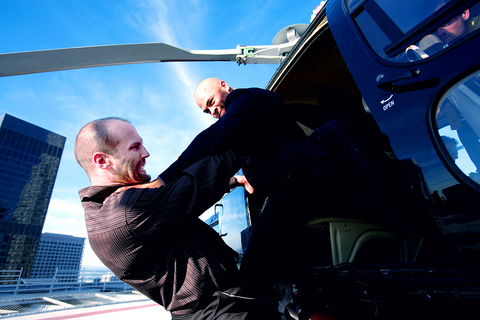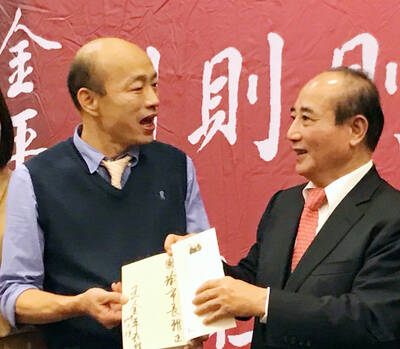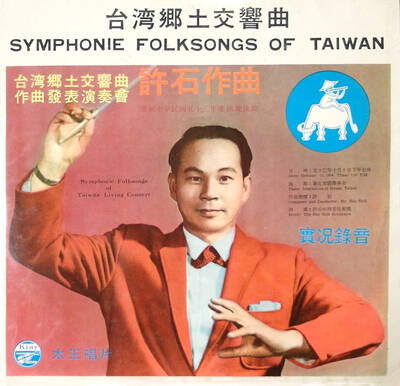For a movie premised on unrelenting action, Crank proves fatally turgid. The premise takes high concept to a new low. Chev Chelios (Jason Stratham), hit man extraordinaire, wakes up to learn he's been dosed with "the Beijing cocktail," a poison whose lethal effects can be fended off only by a constant surge of adrenaline. Thus, with utmost speed, in this retread of Speed, Chev rampages through Los Angeles seeking Verona (Jose Pablo Cantillo), the rival who poisoned him, and the means of sustaining his neck-bulging buzz.
He chugs Red Bull, gobbles energy supplements, injects ephedrine, fondles a defibrillator, licks cocaine off a bathroom floor, snorts nasal decongestant by the bottle and rapes his girlfriend (Amy Smart, playing dumb) in the middle of Chinatown. Mostly, however, he's powered by rage, which he vents through explosions of violence and misanthropy.
The writing and directing team of Mark Neveldine and Brian Taylor jack up the action with all manner of gore, gimmickry and hysterical camerawork, none of which is as vigorous as the equal-opportunity hatred they exhibit toward the denizens of Los Angeles, be they black, Latino, Asian, Muslim, gay, female or theater customers paying to see a decent action flick.

PHOTO COURTESY OF PANDASIA
That last demographic may feel most insulted of all when, in the climactic showdown, Verona holsters his gun to plunge another syringe of poison into Chev's neck — you know, the one that doesn't work — then turns his back to make a getaway. He may be one of the dumbest villains in movie history, but you've got to root for him. Dead, Chev puts everyone out of his misery.

The depressing numbers continue to pile up, like casualty lists after a lost battle. This week, after the government announced the 19th straight month of population decline, the Ministry of the Interior said that Taiwan is expected to lose 6.67 million workers in two waves of retirement over the next 15 years. According to the Ministry of Labor (MOL), Taiwan has a workforce of 11.6 million (as of July). The over-15 population was 20.244 million last year. EARLY RETIREMENT Early retirement is going to make these waves a tsunami. According to the Directorate General of Budget Accounting and Statistics (DGBAS), the

Many will be surprised to discover that the electoral voting numbers in recent elections do not entirely line up with what the actual voting results show. Swing voters decide elections, but in recent elections, the results offer a different and surprisingly consistent message. And there is one overarching theme: a very democratic preference for balance. SOME CAVEATS Putting a number on the number of swing voters is surprisingly slippery. Because swing voters favor different parties depending on the type of election, it is hard to separate die-hard voters leaning towards one party or the other. Complicating matters is that some voters are

Sept 22 to Sept 28 Hsu Hsih (許石) never forgot the international student gathering he attended in Japan, where participants were asked to sing a folk song from their homeland. When it came to the Taiwanese students, they looked at each other, unable to recall a single tune. Taiwan doesn’t have folk songs, they said. Their classmates were incredulous: “How can that be? How can a place have no folk songs?” The experience deeply embarrassed Hsu, who was studying music. After returning to Taiwan in 1946, he set out to collect the island’s forgotten tunes, from Hoklo (Taiwanese) epics to operatic

Five years ago, on the verge of the first COVID lockdown, I wrote an article asking what seemed to be an extremely niche question: why do some people invert their controls when playing 3D games? A majority of players push down on the controller to make their onscreen character look down, and up to make them look up. But there is a sizable minority who do the opposite, controlling their avatars like a pilot controls a plane, pulling back to go up. For most modern games, this requires going into the settings and reconfiguring the default controls. Why do they